Are you passionate about farming and agricultural history? These are the must-visit agriculture museums in Minnesota:
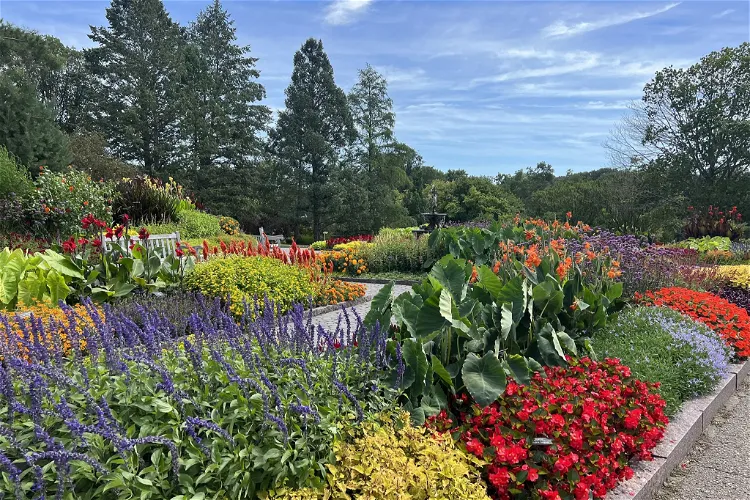
Minnesota Landscape Arboretum
Chaska, MNThe Minnesota Landscape Arboretum, located about 4 miles west of Chanhassen, Minnesota at 3675 Arboretum Drive, Chaska, Minnesota, is a 1,200-acre horticultural garden and arboretum. It is a part of the Department of Horticultural Science in the College of Food, Agricultural and Natural Resource Sciences at the University of Minnesota. It is open to the public every day of the year except Thanksgiving and Christmas. An admission fee is charged, and annual memberships are available.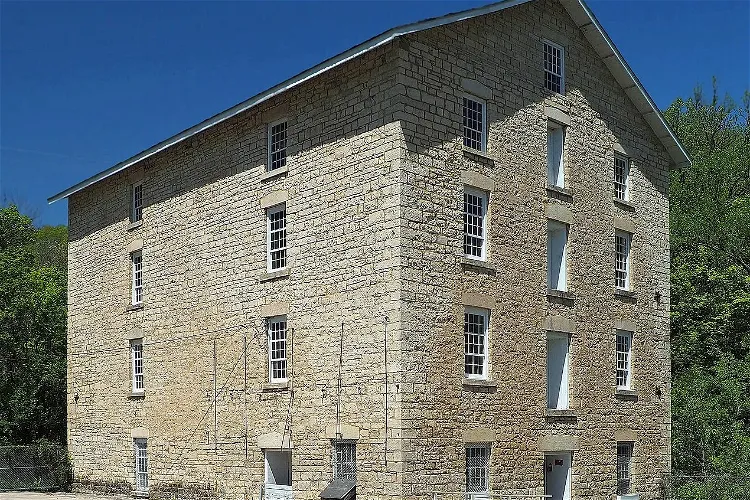
Pickwick Mill
Winona, MNPickwick Mill, located in the unincorporated community of Pickwick, Minnesota, near the city of Winona, is a historic gristmill. Constructed in the mid-1850s, it now operates as a milling museum, offering a glimpse into the past. The mill's history and its transformation into a museum make it a significant point of interest for visitors.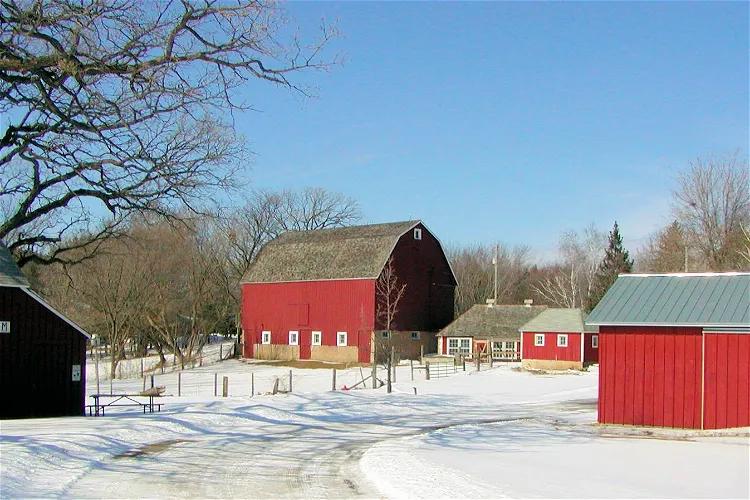
Holz Farm Park
Eagan, MBThe Holz Family Farmstead, located in Eagan, Minnesota, is a significant part of the city's history. Established in the 1870s, the farmstead was a thriving 80-acre family farm that produced livestock, crops, fruits, and vegetables. It provides a glimpse into the agricultural past of the region.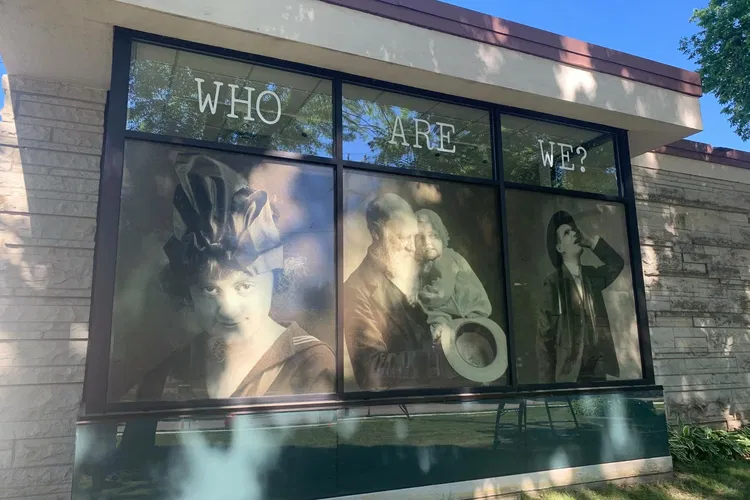
History Center of Freeborn County
Albert Lea, MNDive into Freeborn County history! The HCFC is located at 1031 Bridge Avenue, Albert Lea, MN and includes a museum, an extensive research library, and a historical village. The museum houses a gallery of rotating exhibits, a museum store, the research library and archives, and an interactive pl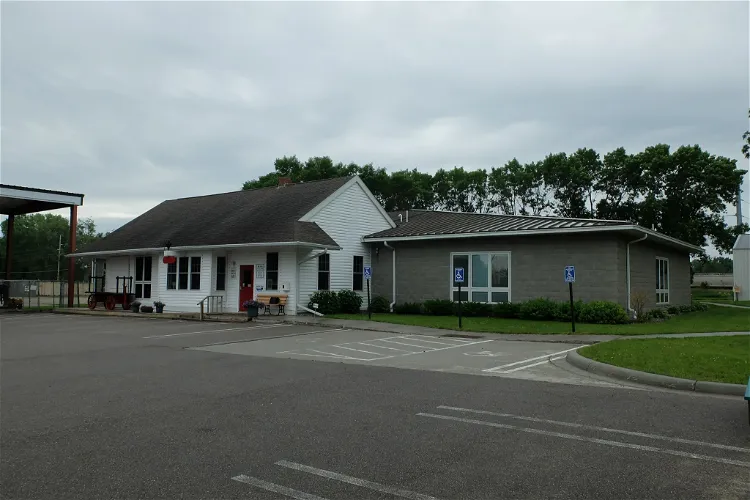
Kandiyohi County Historical Society
Willmar, MNThe Kandiyohi County Historical Society (KCHS) is a local history museum located in Willmar, Minnesota. Established in 1897, the museum's mission is to discover, preserve, and share the story of Kandiyohi County and its people.- 6
Oliver Kelley Farm - Minnesota Historical Society
Elk River, MNOperated by the Minnesota Historical Society, the Oliver Kelley Farm is recognized as a historic site of national significance. In 1964, it was declared a National Historic Landmark and is also listed on the National Register of Historic Places. The farm is recognized for its importance in the themes of agriculture and social history, making it a valuable destination for those interested in these aspects of American history.